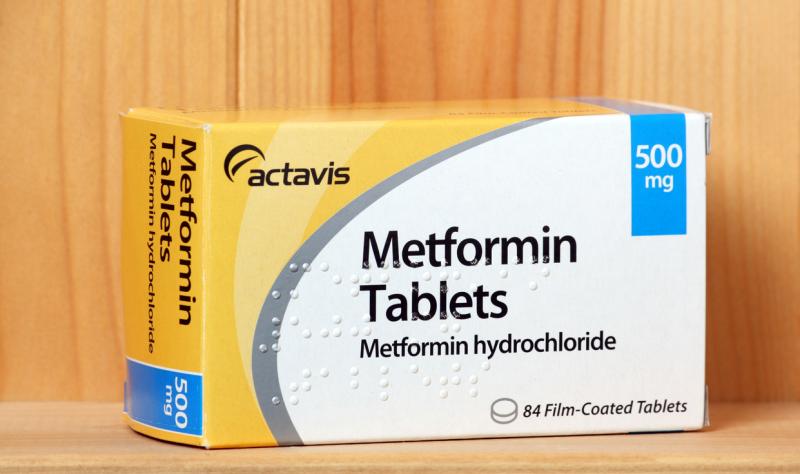Common Diabetes Drug Metformin May Reduce SARS-CoV-2 and Long COVID Risk, Says University of Minnesota Study
Researchers from the University of Minnesota have published evidence suggesting that metformin, a commonly used drug for diabetes, may decrease the amount of SARS-CoV-2 in the body and help lower the risk of rebound symptoms when administered early in the course of non-severe illness. Additionally, the study, published in the esteemed journal Clinical Infectious Diseases, indicates that metformin could also aid in preventing long COVID.
Metformin Tested Against Placebo in 999 COVID-19 Cases
The research team conducted a study comparing metformin with a placebo in 999 adults infected with COVID-19. Notably, over 50% of the study participants had already been vaccinated against the virus, and treatment was administered during the period when the Omicron variant prevailed in the United States.
Standard-Risk Population and Potential Clinical Tool
Carolyn Bramante, MD, the principal investigator of the study and an assistant professor at the University of Minnesota, emphasized that the study focused on a standard-risk population: individuals aged 30 or older, with a body mass index of 25 or higher, who did not require hospitalization for their COVID-19 infections. Unlike high-risk populations, standard-risk individuals have limited treatment options available for the novel coronavirus. Therefore, Bramante suggests that metformin could be a viable clinical tool for outpatient medication in a wide range of cases. She stated, “The data support that someone would be justified if they prescribed it for outpatient treatment.”
Encouraging Findings: Reduced Viral Load and Risk of Hospitalization
The participants in the study received a 14-day course of metformin, and nasal swabs were collected on days 1, 5, and 10. Results demonstrated that early treatment played a crucial role, with participants enrolled within 3 days of a positive test and experiencing symptoms for 7 days or fewer.
By day 10, the mean SARS-CoV-2 viral load was reduced 3.6-fold with metformin compared to the placebo. Additionally, individuals who received metformin were less likely to have a detectable viral load on days 5 or 10 than those who received the placebo. Moreover, metformin reduced the odds of hospitalization or death by 58% through 28 days, and demonstrated a 42% decrease in emergency department visits, hospitalizations, and death within 14 days. Most notably, metformin showcased a 42% reduction in long COVID risk over the course of 10 months.
Regarding viral rebound, defined as a higher viral load on day 10 than day 5, the frequency was lower in the metformin group (3.28%) compared to the placebo group (5.95%). It is believed that metformin reduces inflammation and inhibits the translation of the virus, although the exact mechanism of action remains unknown.
“This study makes a strong case for a potential effect of metformin on COVID-19 virologic decay and prompts reevaluation of existing data in support of its use.”
In a commentary on the study, the authors emphasize the compelling evidence found and urge a reassessment of the data supporting metformin’s use in COVID-19 treatment.

